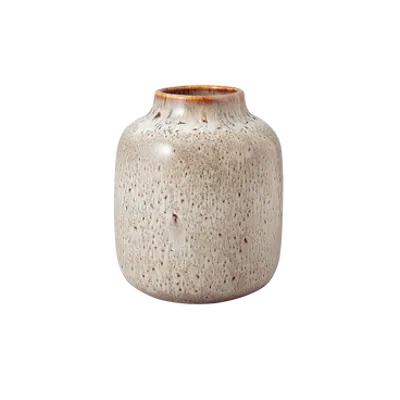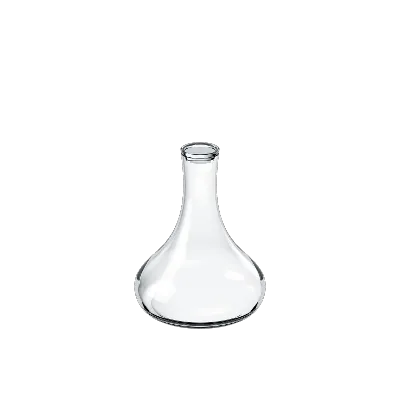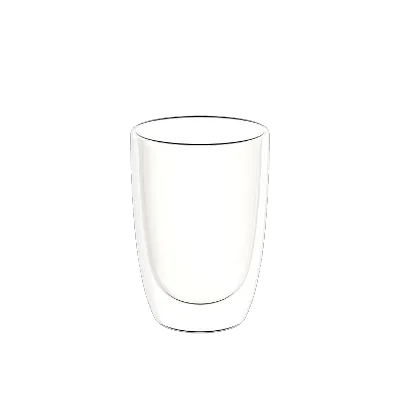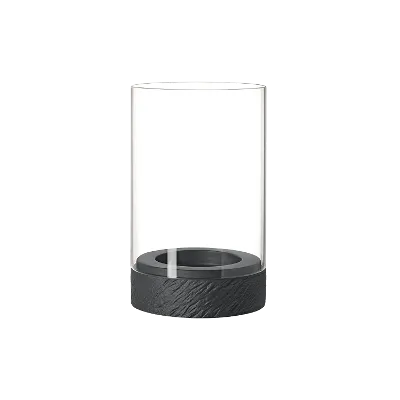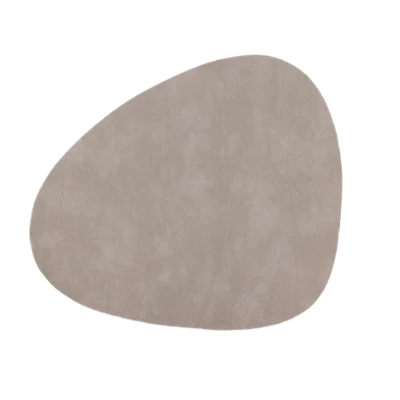Host Easter outdoors, shop and save on our favourites.[0]
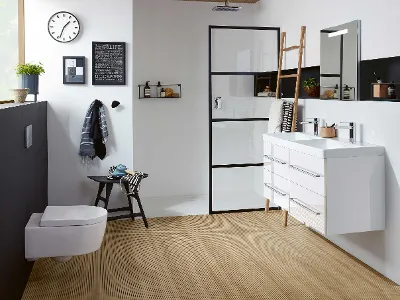
Clean your bathroom with household remedies and without chemicals
Shiny tiles, a crystal-clear mirror and a fresh fragrance: a clean bathroom feels wonderfully inviting. Regular cleaning is important to make sure your bathroom continues to feel welcoming and relaxing – but what cleaning products should you use? Do you always need to buy a special cleaner – or are there other options?
After all, there are several good reasons not to use chemical cleaners in the bathroom:
Material
Sensitive surfaces are particularly vulnerable to chemical cleaning products – due to corrosive ingredients or abrasive particles which can scratch sensitive tiles or shower trays.
Cost
Many manufactured cleaning products are relatively expensive.
Health
Chlorine cleaning products and other chemical cleaning agents can emit harmful gases or irritate skin, eyes or airways.
Environment
Aggressive cleaning products are harmful for groundwater. Purchasing these cleaners can also generate a lot of plastic waste.
Luckily, you don’t need to buy aggressive cleaning products to make your bathroom gleam. Natural cleaners and simple everyday products are usually just as effective, far more environmentally friendly and easier on your pocket too.
Read on to find out the best ways to quickly clean your bathroom – with no chemicals whatsoever!
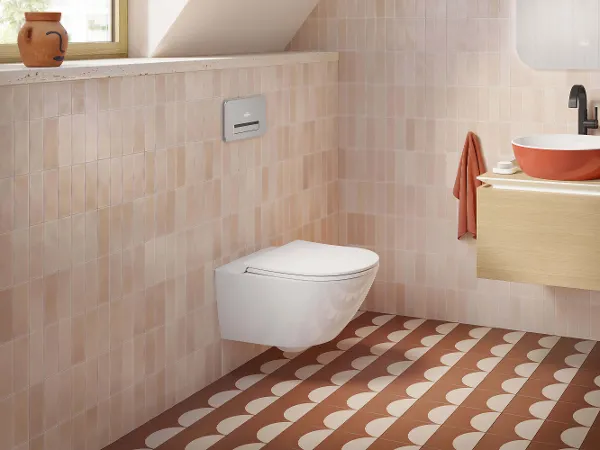
How can I clean the tiles in my bathroom?
The toilet, washbasin and bath are part of our regular cleaning routines – but the tiles can often be overlooked. A smooth tiled limescale-free surface is not just important for bathroom hygiene – it also helps to prevent the formation of mould. Damp limescale deposits provide an ideal environment for mould to thrive in.
It’s therefore important to clean your tiles regularly. This will keep them looking beautifully shiny and protect them from mould.
Everyday products such as acetic acid and Marseille-style soap are ideal for cleaning tiles.
Follow these two steps:
- Descaling tiles:
Acids are a very effective solution for limescale deposits – and usually readily available in the home. Vinegar or citric acid are excellent for cleaning tiles. Add a splash of vinegar to some water to remove any traces of limescale and get your tiles gleaming. For very sensitive materials, test the mixture on a less visible area first. The same applies for grouting: take care when using acids – they can damage the grouting material.
- Removing dirt from tiles:
Surfactants are useful for removing oily residue from tiles. Everyday washing-up liquid is all you need. If you don’t have any washing-up liquid handy, shampoo or shower gels also contain effective surfactants. Add some of the surfactant cleaner to lukewarm water to clean your tiles thoroughly. Don’t forget to rinse the tiles with clean water afterwards. After cleaning, dry the tiles to prevent any new limescale deposits.
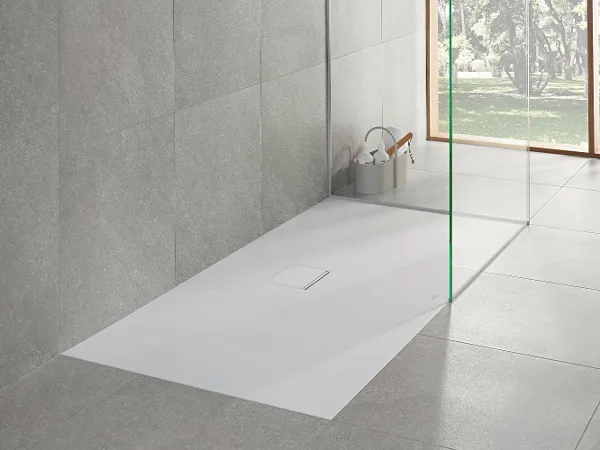
How can I get my shower tray gleaming again?
Again, you can easily clean your bath and shower tray without using chemicals. Many sensitive materials can actually be damaged by aggressive chemical cleaners or scouring agents. For a gentler solution, use a mild all-purpose cleaner, washing-up liquid or soft soap to remove stains and soap residue from the shower tray.
For limescale, use everyday acidic products, such as vinegar essence or citric acid, diluted with water.
Simply pour some vinegar, diluted vinegar essence or citric acid onto a sponge and rub carefully over the marks. For stubborn limescale deposits, leave the vinegar essence to work for a few minutes, then rinse with water.
Caution: do not use any scouring agents or metal sponges as these could scratch the material. If the shower tray has damaged spots, it will become easier for dirt and limescale to stick to the surface more firmly.
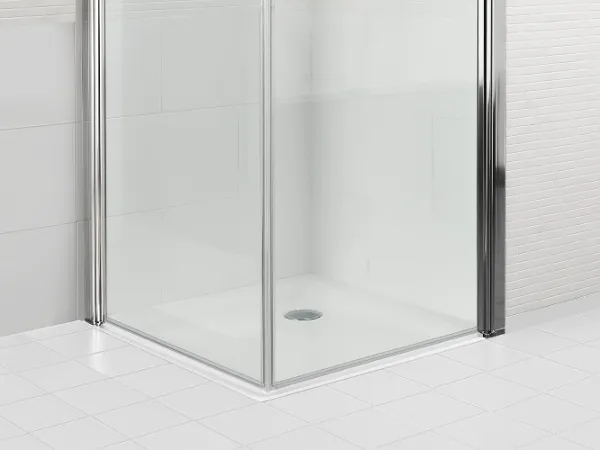
When you clean your shower tray, make sure you clean the drain too. You don’t need chemicals for this either:
Just sprinkle three spoonfuls of baking powder (natron) into the drain and then pour in around half a cup of vinegar or diluted vinegar essence. When these products come into contact in the drain, a chemical reaction occurs, which will produce lots of fizzing and hissing. Leave the vinegar and baking powder to work for a few minutes and then rinse with hot water.
Repeat the process if required.
To prevent the formation of unsightly stains on the shower tray and blocked drains:
Wipe off water droplets after showering and then dry the shower with a towel.This will prevent the formation of limescale. The best way to protect the drain is to use a drain strainer. This will collect hair and other residue that can rapidly block the drain.
How can I make my own cleaning products?
In general, vinegar essence, citric acid, baking powder and curd soap are all you need to clean your home. These are usually considerably cheaper and more economical to use than special chemical cleaners. You can use everyday products to make your own gentle but effective, pleasantly scented all-purpose cleaner. For example, baking powder, curd soap and citric acid are excellent for cleaning.
To infuse your home-made bathroom cleaner with a pleasant fragrance, you can add a few drops of essential oil such as orange oil, lemon oil or fresh mint oil.
To make the cleaning product:
Grate a little Marseille-style soap – approximately a teaspoon – into a bowl with around 250 ml of warm water.
Whisk the mixture thoroughly using a whisk or a fork.
Leave it to cool slightly then add a teaspoon of baking powder and a few squirts of lemon juice or citric acid.
Once all mixed together, let the mixture cool down and then pour it into an empty spray bottle.
Info
These home-made chemical-free cleaners are ideal for all-purpose use – for example, cleaning tiles, mirrors or washbasins.
Also note: you don’t constantly need to buy cleaning cloths either! An old item of cotton clothing, for example a T-shirt or sweatshirt, is ideal. Simply cut a large piece into smaller sections and use these as cleaning cloths. Thorough cleaning while protecting the environment!
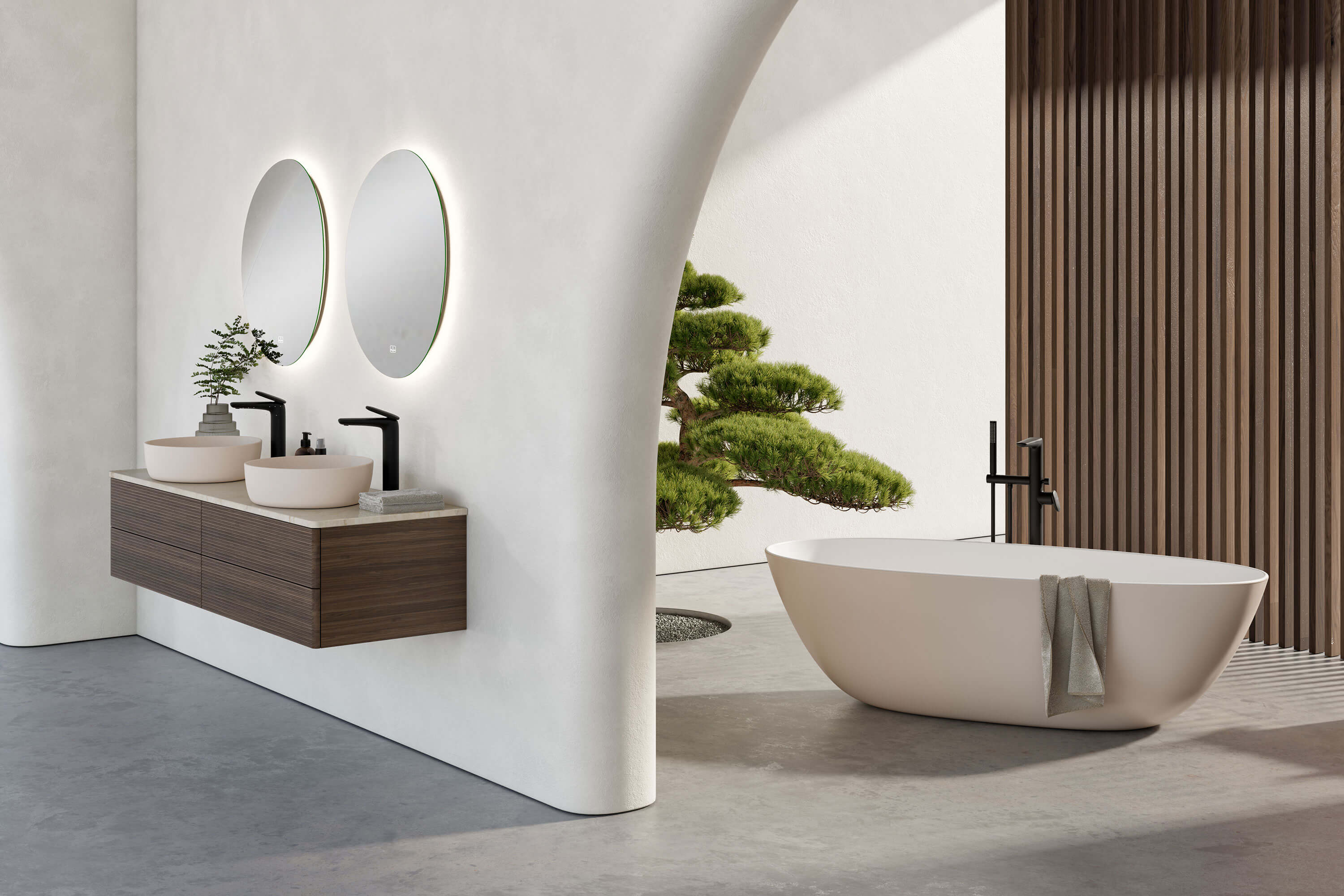
All about your personal spa bathroom
Discover modern bathroom ideas – including cleaning tips and exclusive benefits delivered straight to your inbox.
As a welcome gift, you will also receive a 10% discount on your first order of Dining & Lifestyle products.[0]


